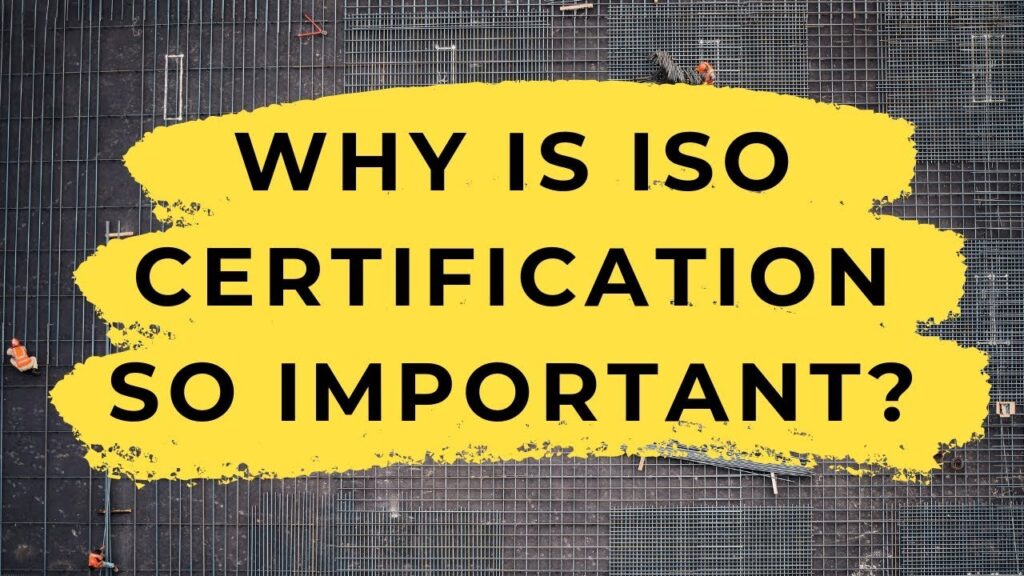Introduction
In the intricate web of modern business, attaining an ISO certification has become synonymous with excellence and global recognition. This article delves into the vital requirements that businesses must navigate to secure this coveted standard, exploring how ISO certification in Delhi can redefine their operational paradigms.
Understanding ISO Certification
Overview of ISO Standards
ISO, or the International Organization for Standardization, sets the stage for businesses to adhere to globally recognized benchmarks. These standards are not just a stamp of approval; they are the building blocks of a robust and efficient management system.
Importance of Standardization in Business
In the dynamic marketplace, where change is the only constant, standardization becomes the cornerstone of stability. ISO certification serves as a testament to a business’s commitment to quality, consistency, and continual improvement.
Types of ISO Certifications
ISO 9001: Quality Management
At the heart of ISO certifications lies ISO 9001, focusing on quality management systems. This certification ensures that a business’s processes consistently meet customer expectations and regulatory requirements, fostering customer satisfaction and operational excellence.
ISO 14001: Environmental Management
For businesses with a commitment to environmental sustainability, ISO 14001 provides a framework for developing and implementing an effective environmental management system. It signifies a dedication to minimizing environmental impact and complying with relevant laws and regulations.
ISO 27001: Information Security Management
In the digital age, safeguarding information is paramount. ISO 27001 addresses this need by outlining the requirements for an information security management system, offering a systematic approach to managing sensitive company information.
Identifying the Right ISO Certification for Your Business
Tailoring Certification to Industry Needs
Each industry has unique challenges and requirements. Before pursuing ISO certification, businesses must meticulously evaluate which specific standard aligns with their industry demands, ensuring relevance and maximum impact.
Considering Regulatory Requirements
Beyond industry specifications, businesses need to consider regulatory landscapes. Some sectors have stringent regulatory requirements, and selecting the right ISO certification can simultaneously address compliance obligations.
Preparation Phase for ISO Certification
Conducting a Gap Analysis
Embarking on the ISO certification journey begins with a comprehensive gap analysis. This diagnostic tool identifies existing processes, practices, and documentation gaps that need attention before formal certification procedures commence.
Establishing a Cross-Functional Team
The road to ISO certification is a collaborative effort. Establishing a cross-functional team ensures that diverse perspectives contribute to the development and implementation of the Quality Management System (QMS) necessary for certification.

